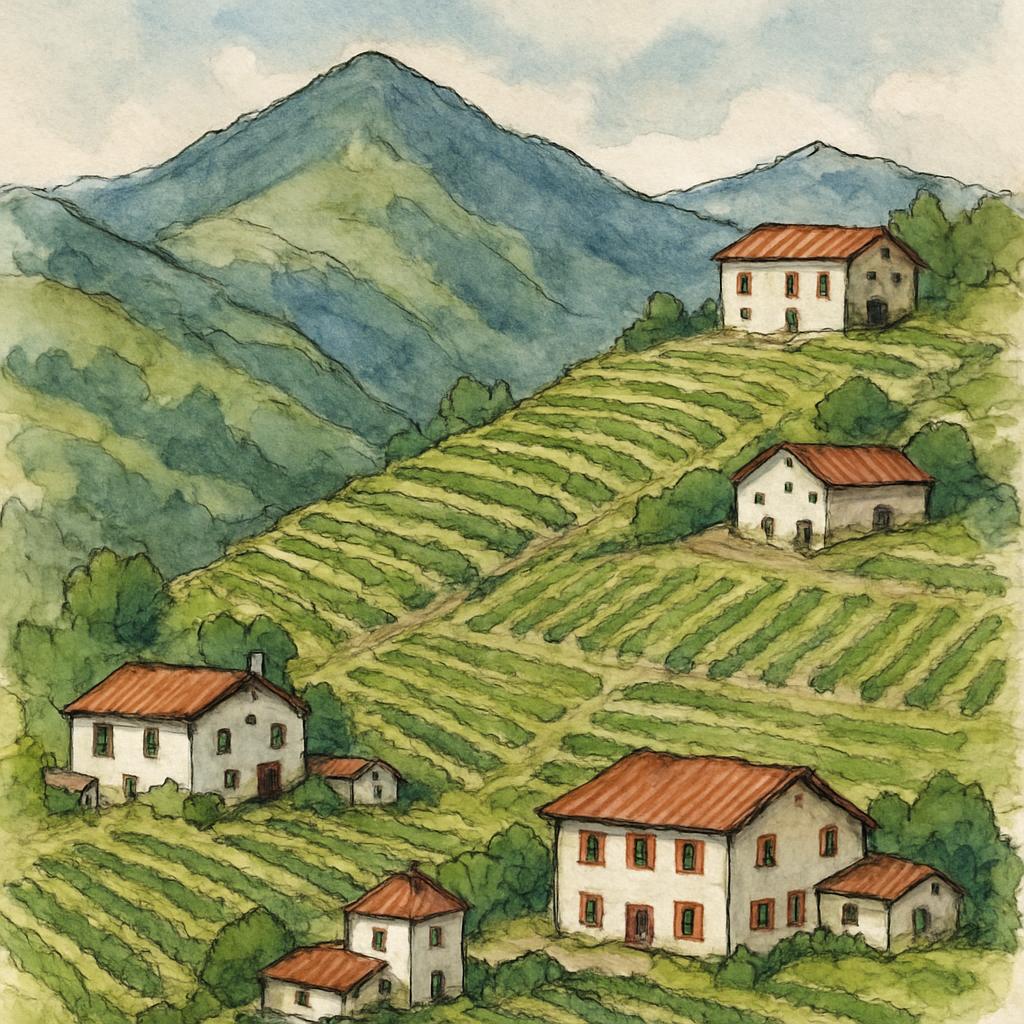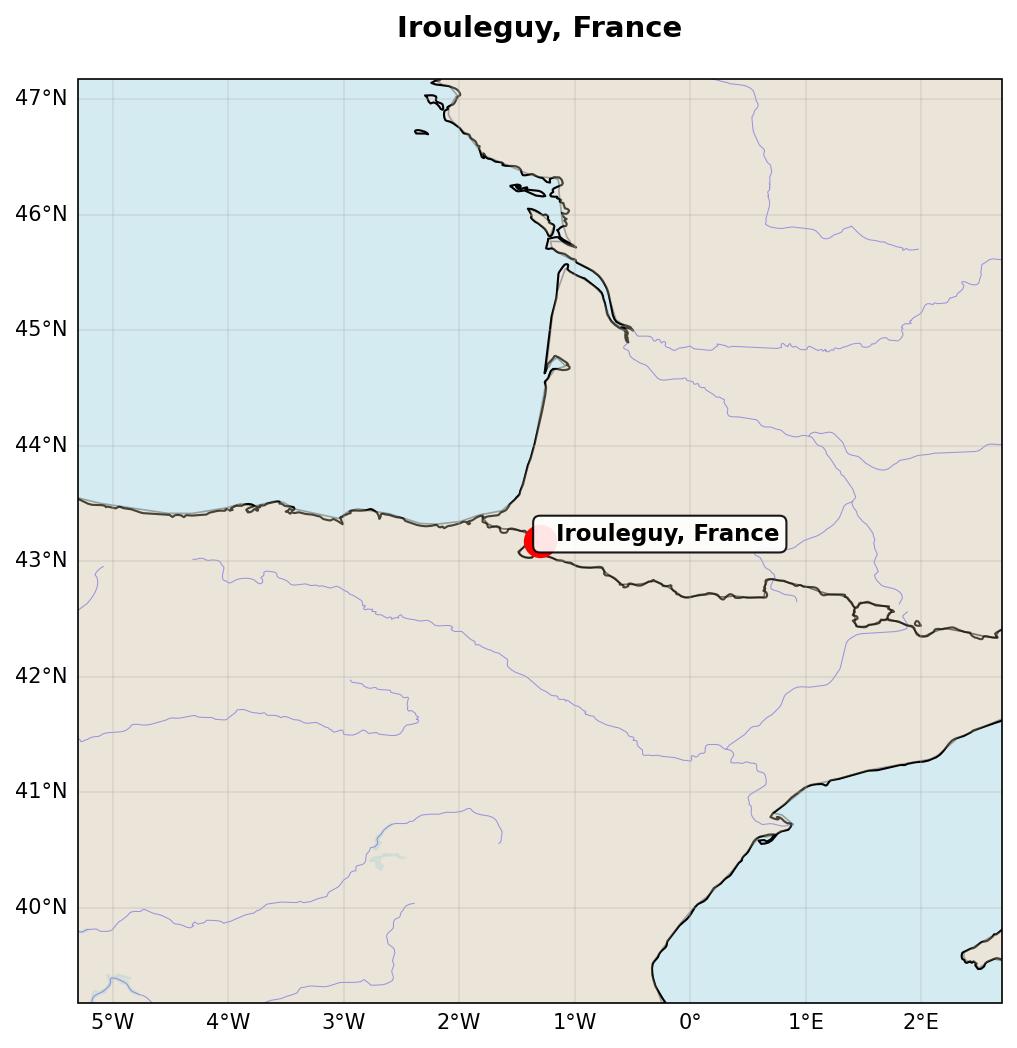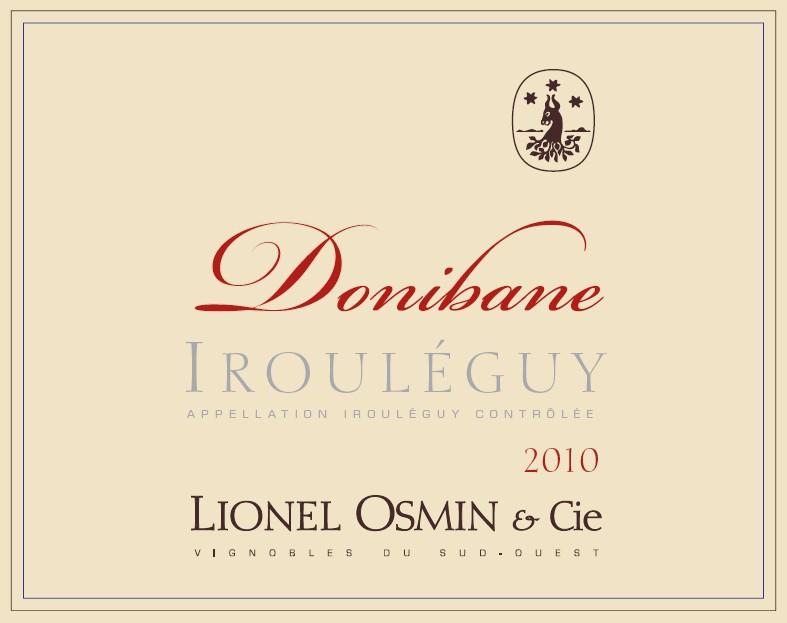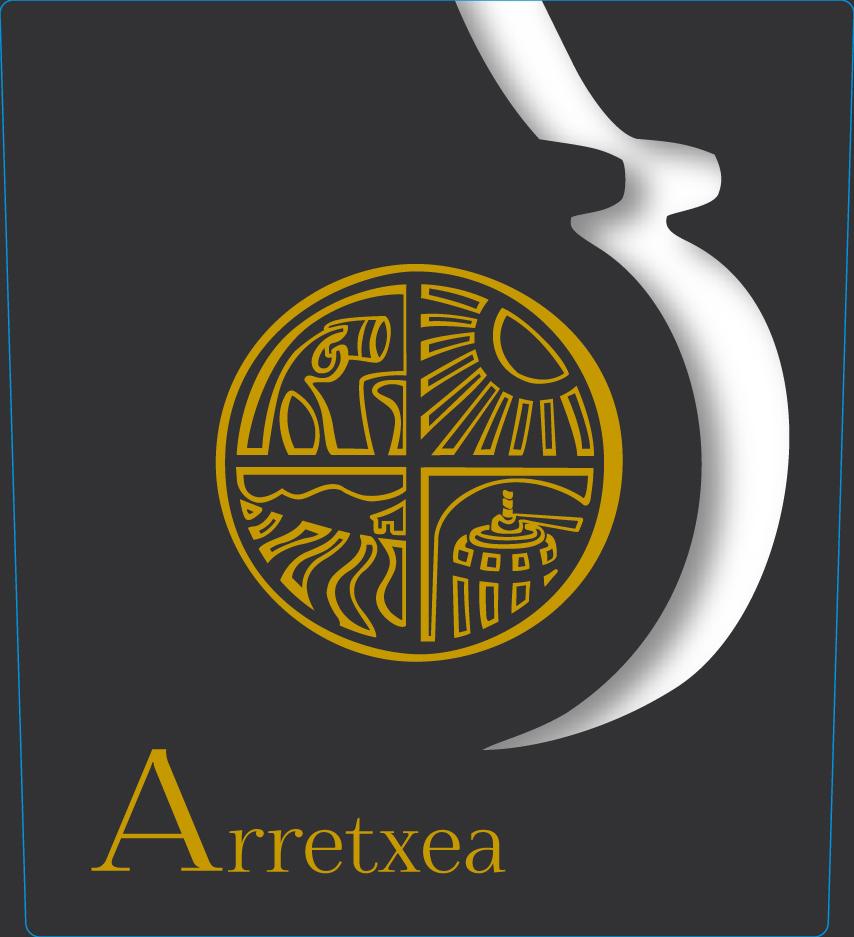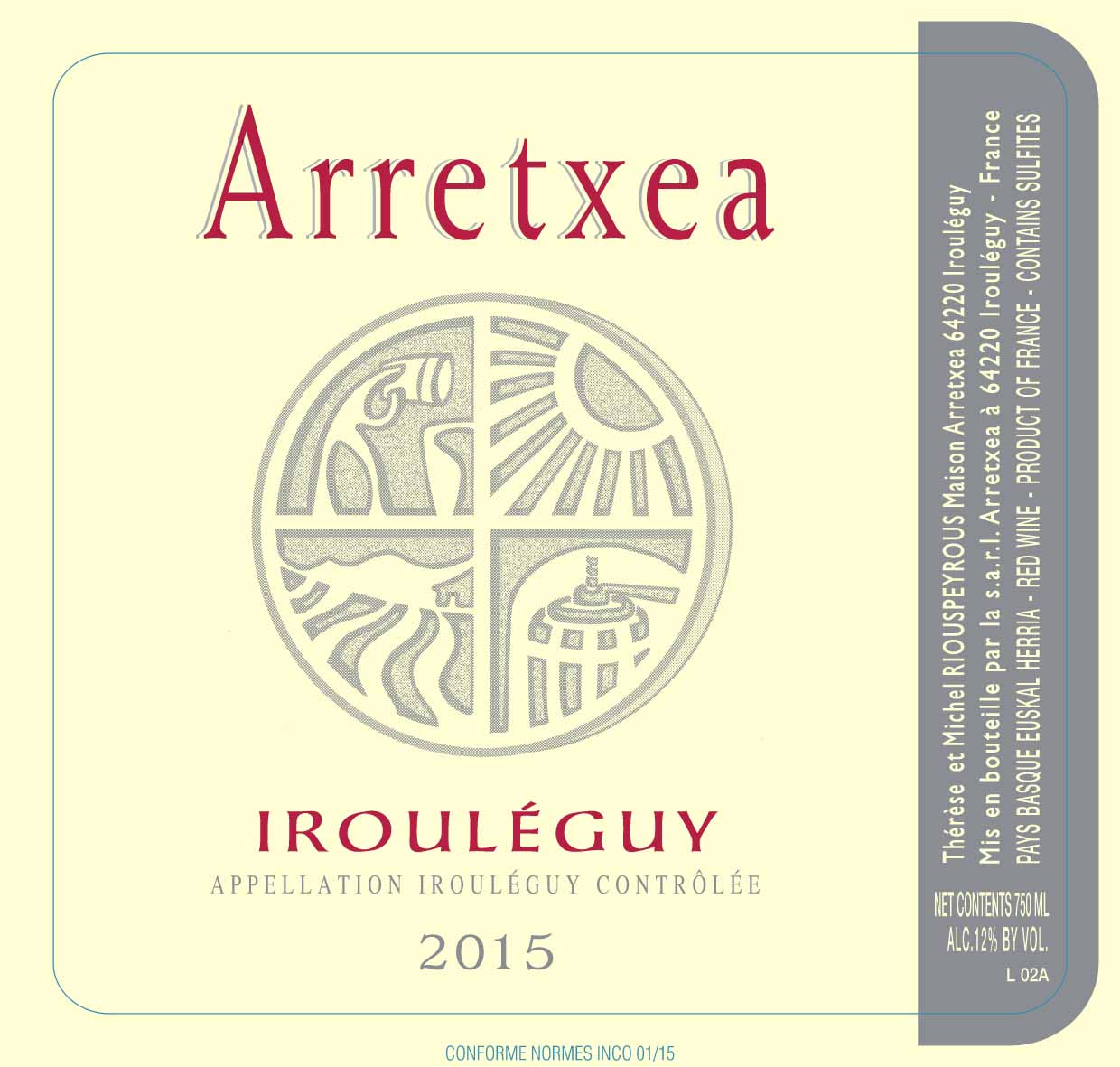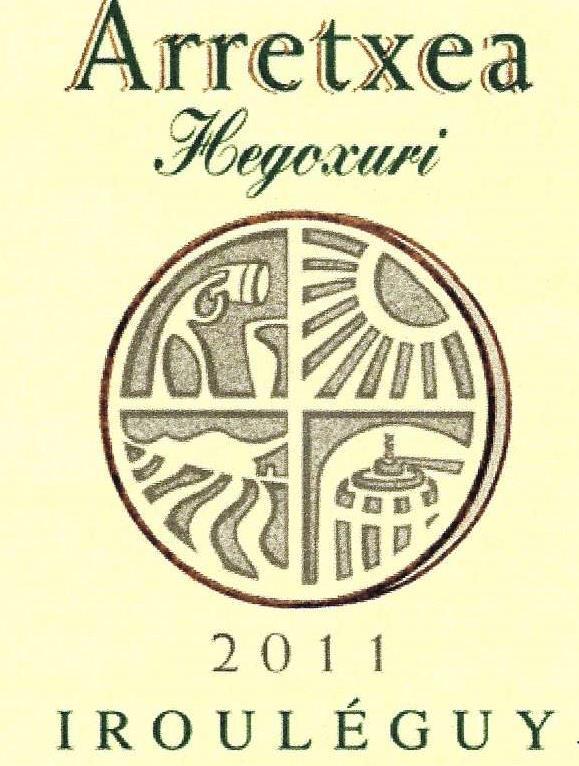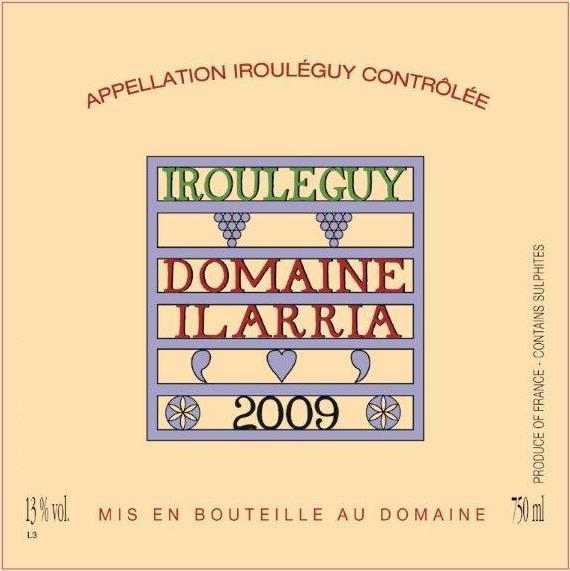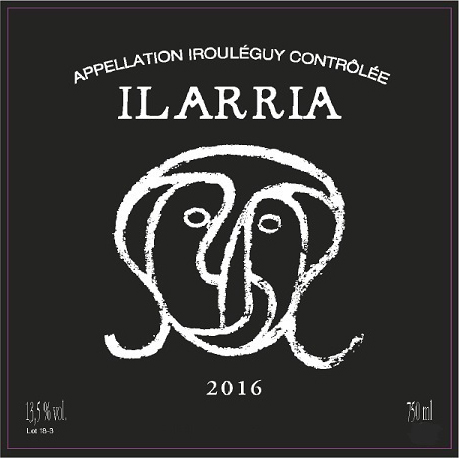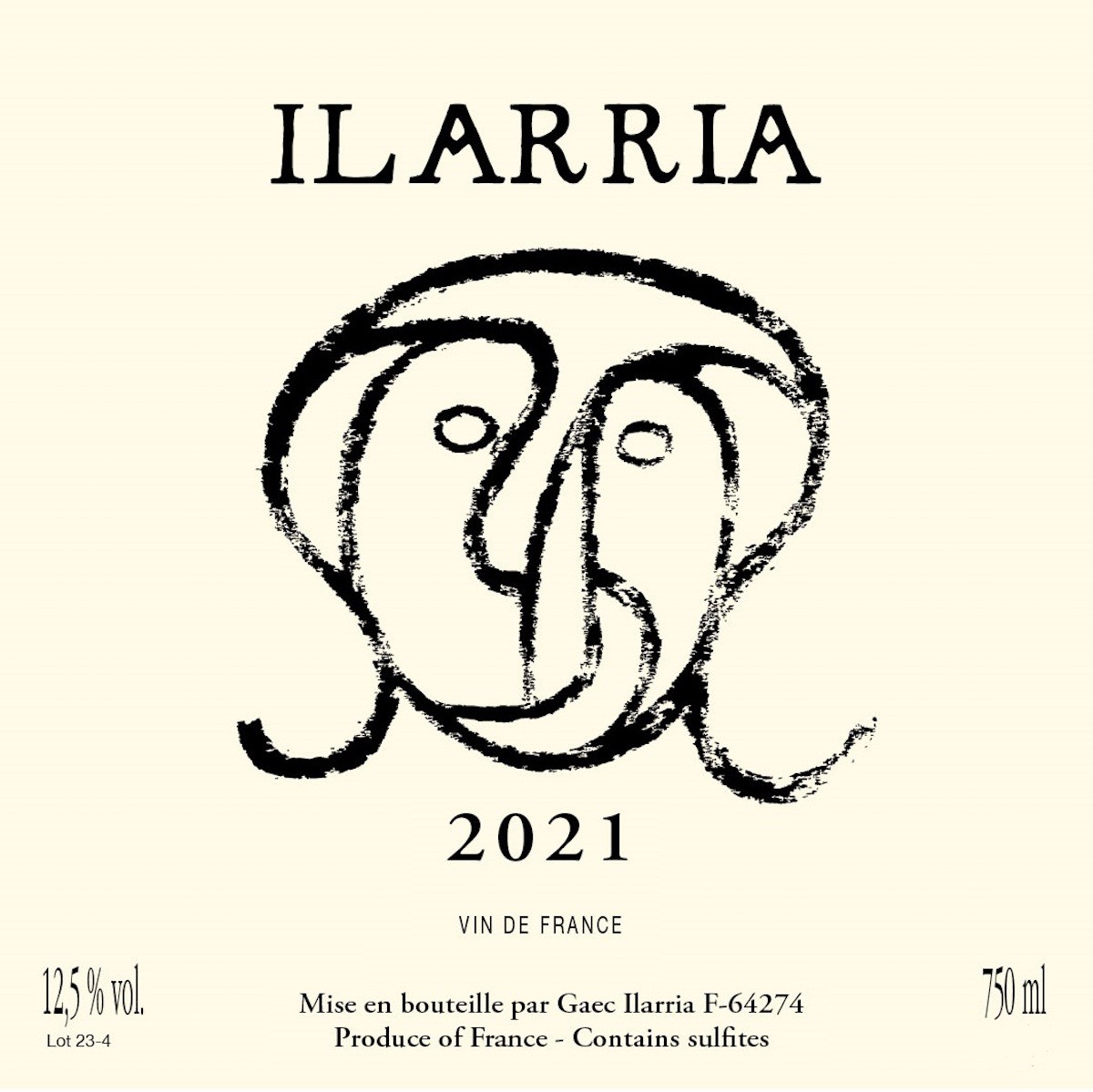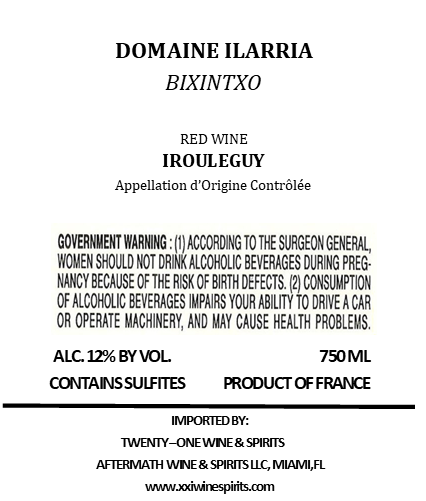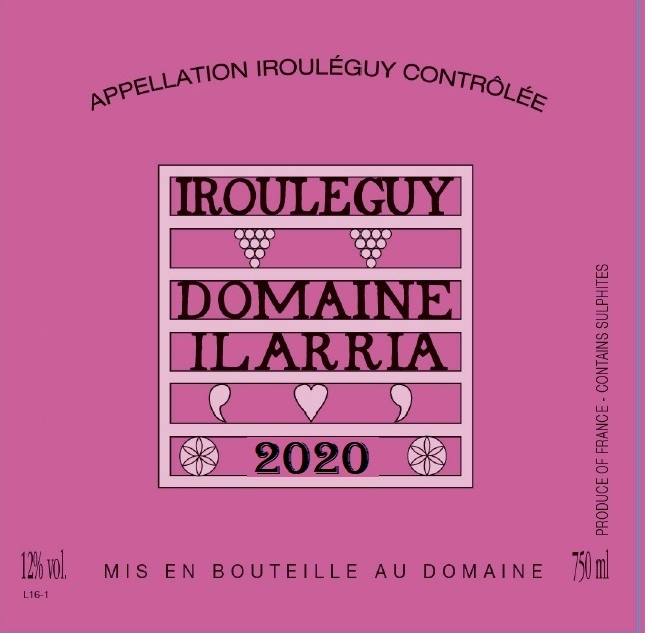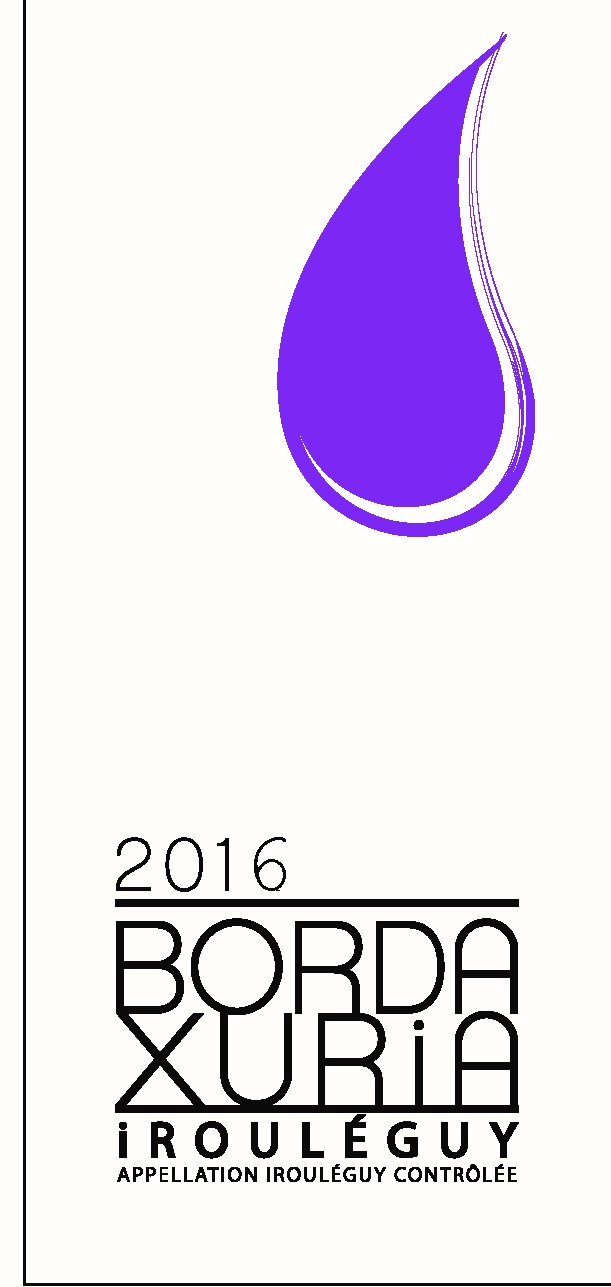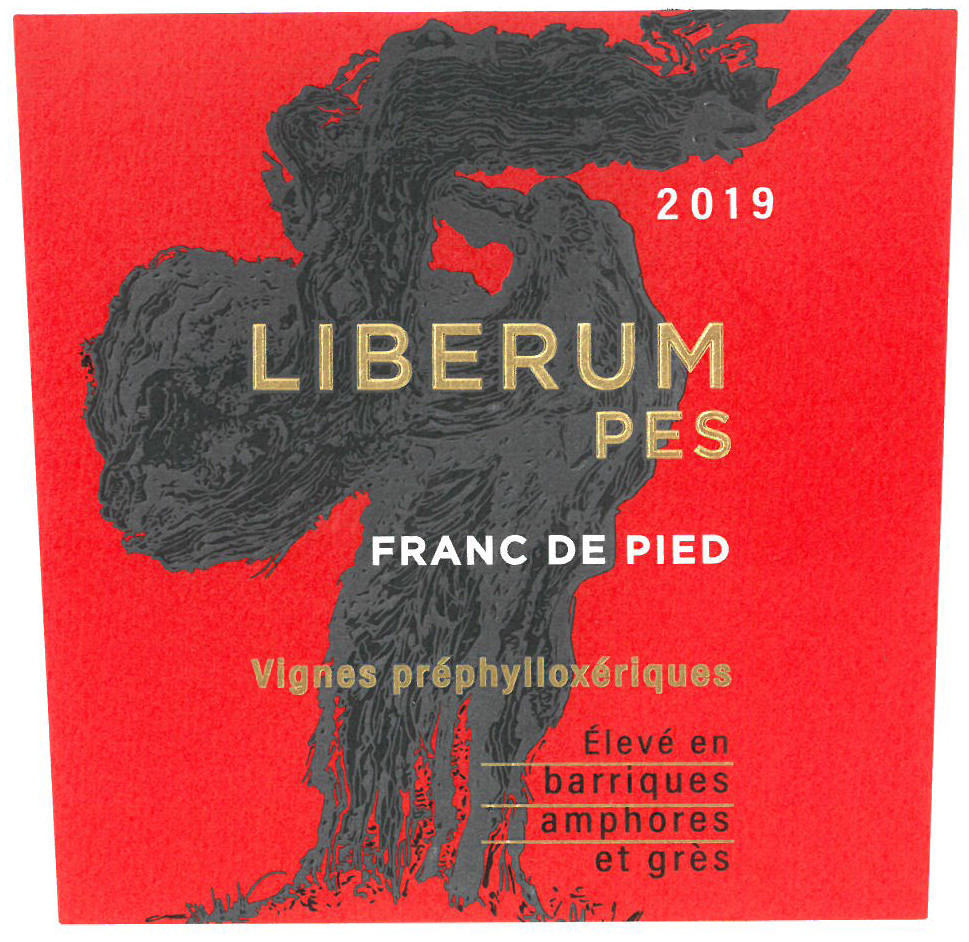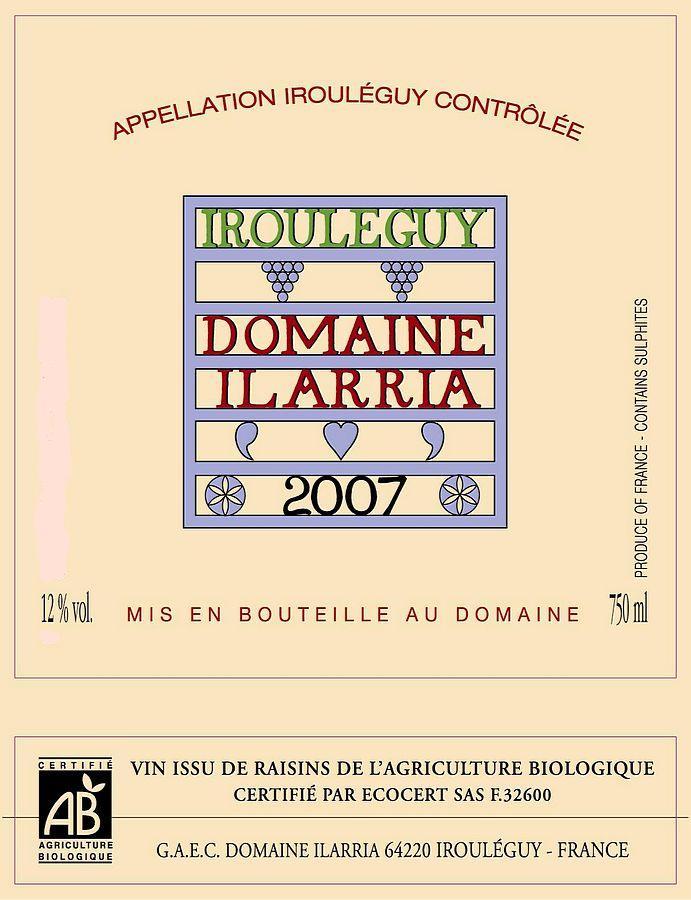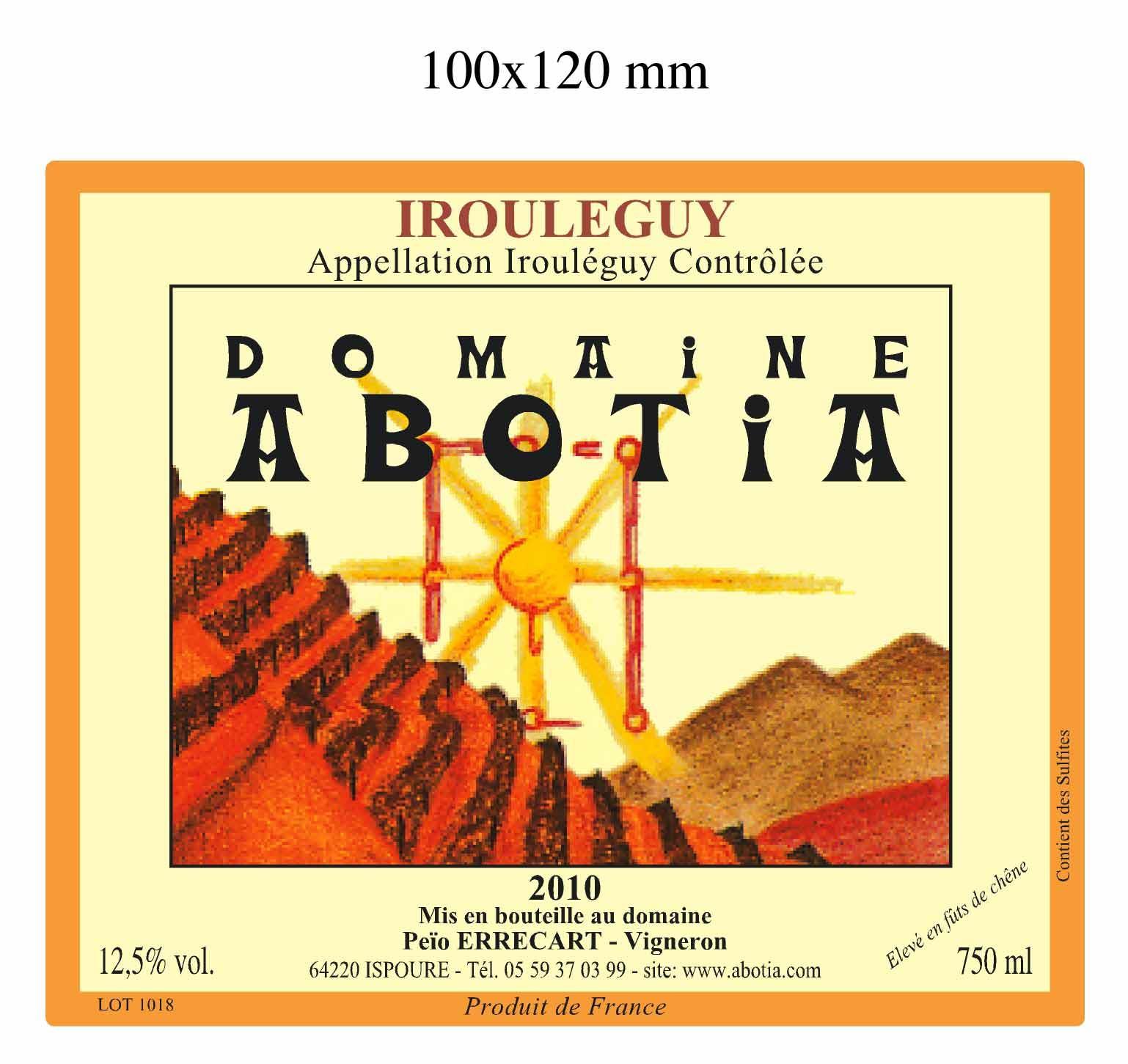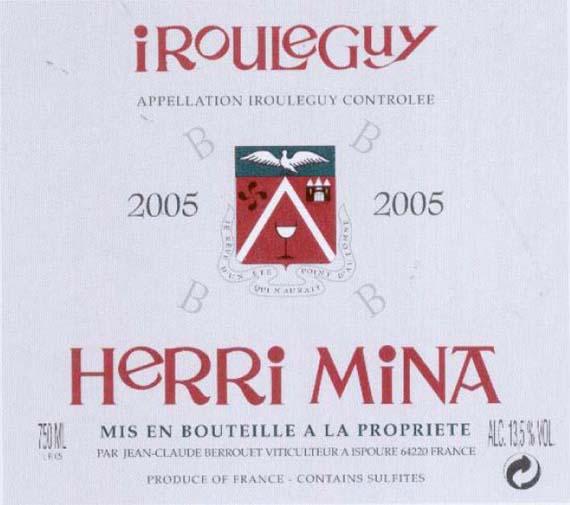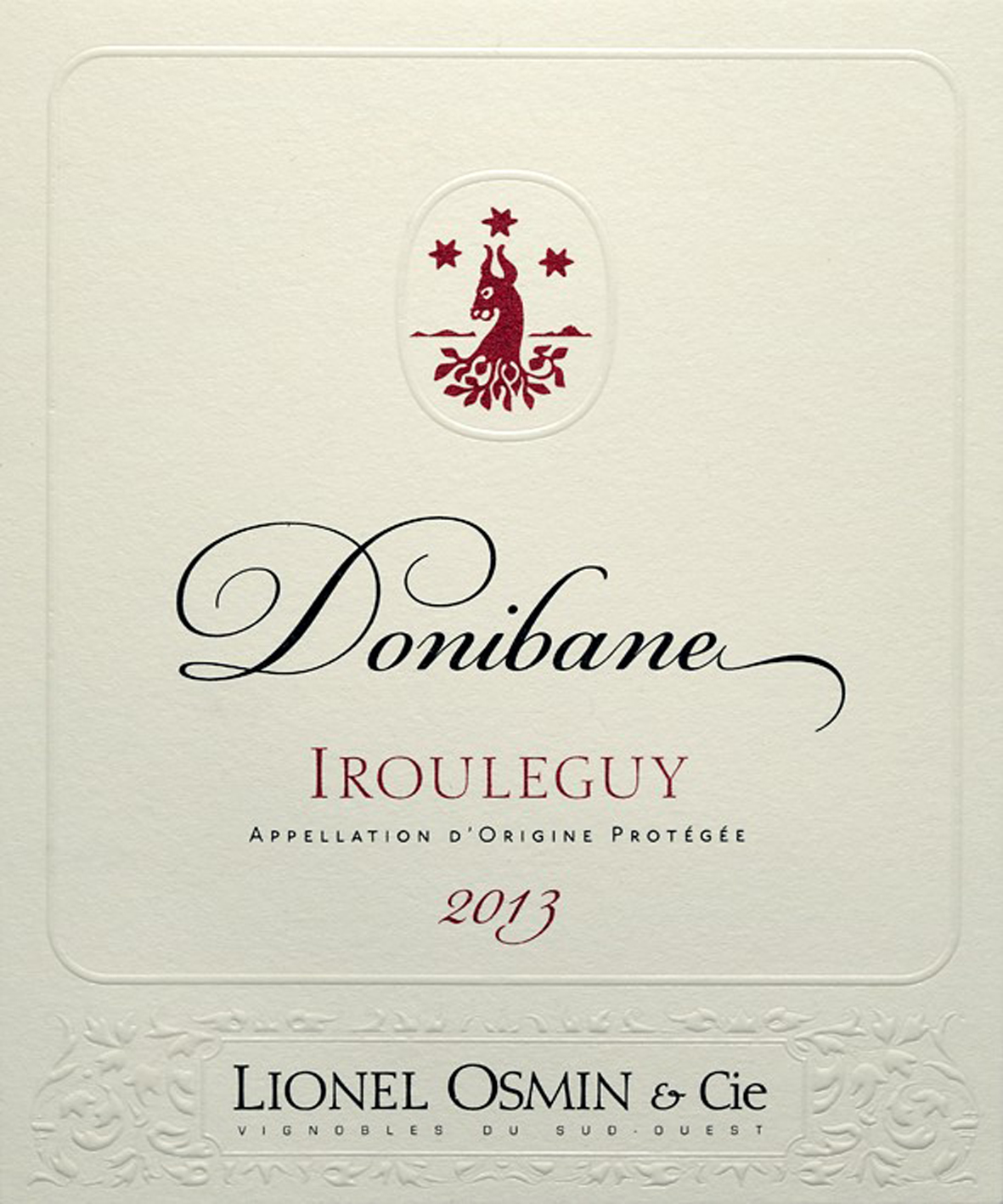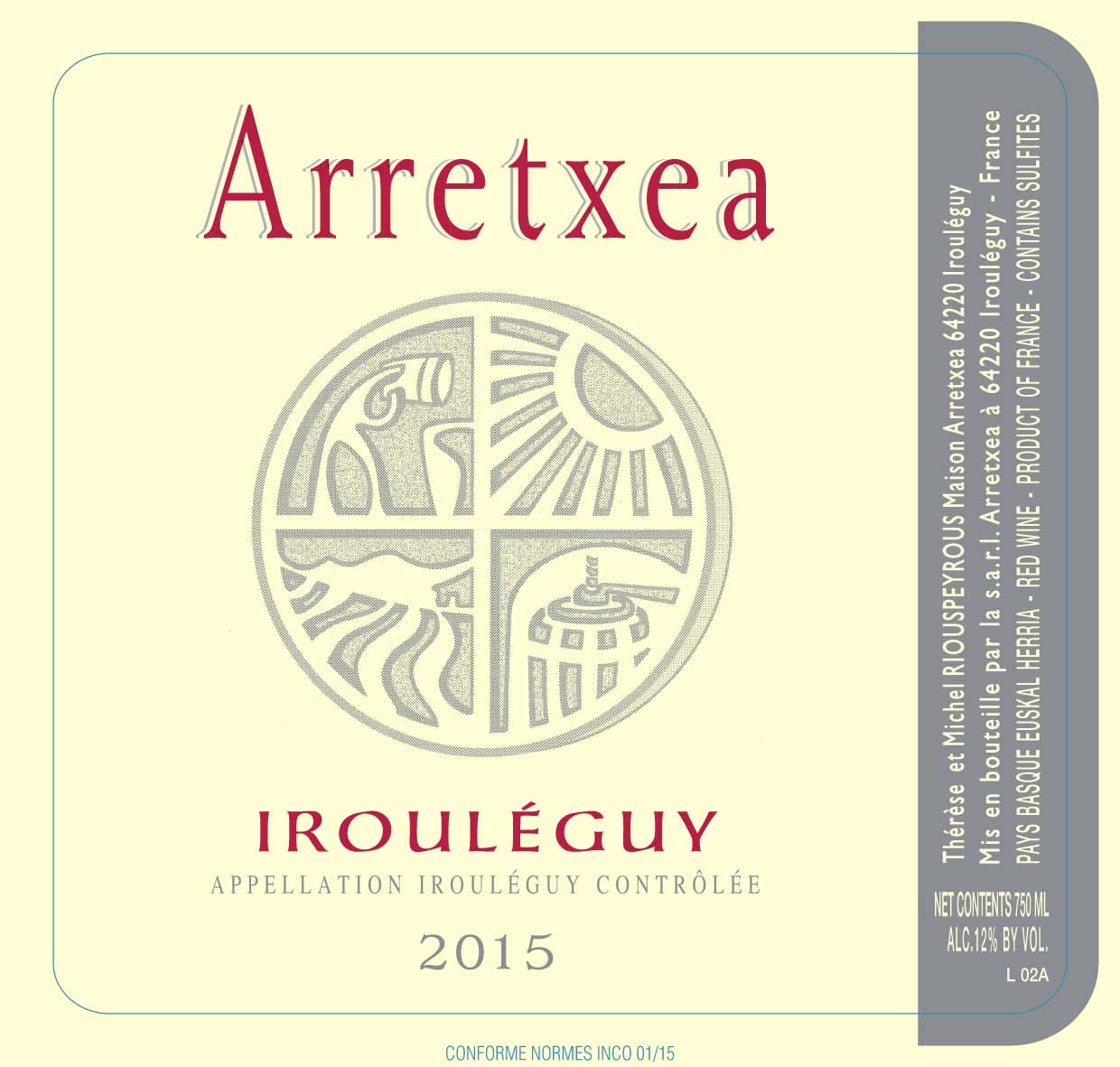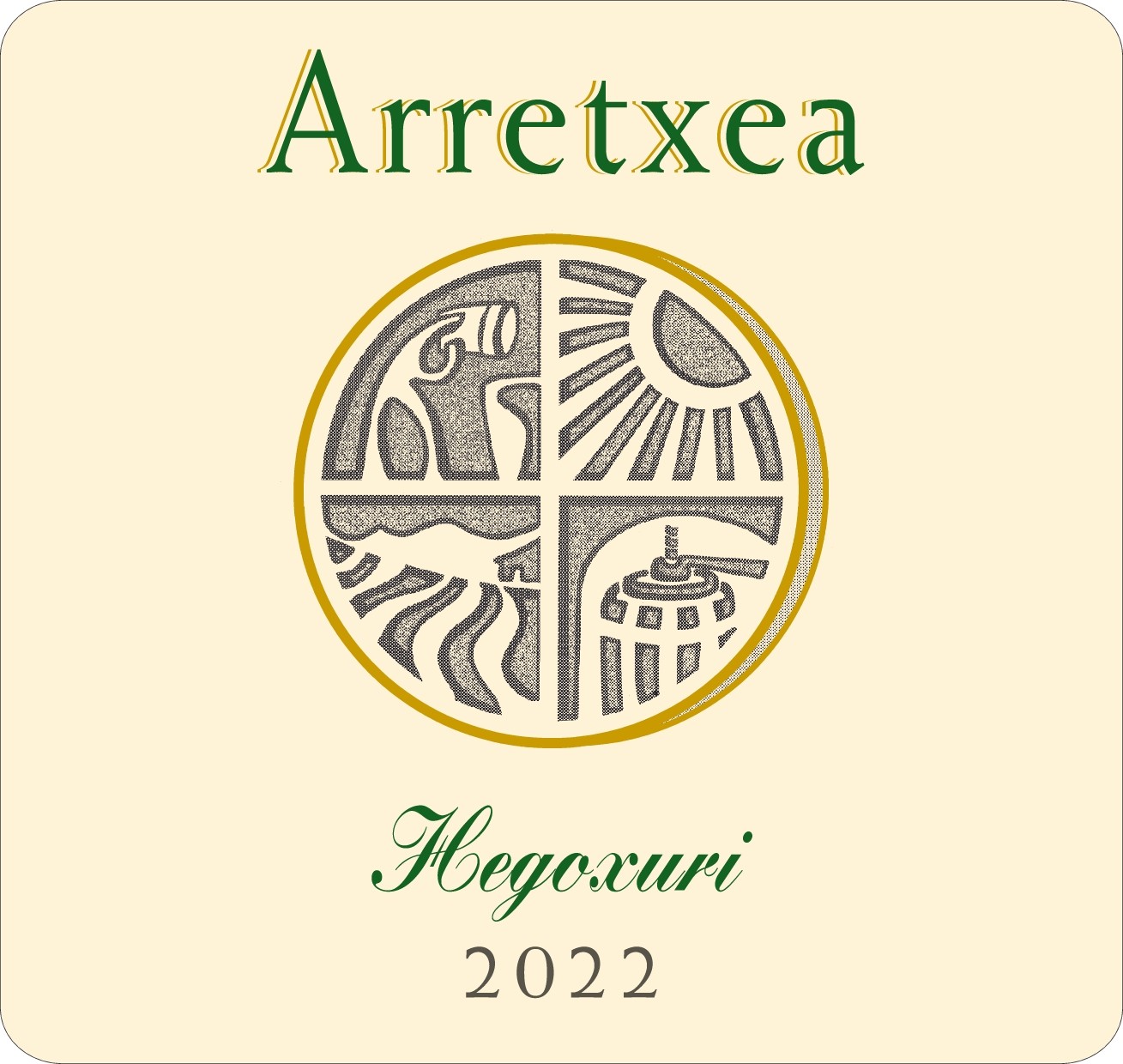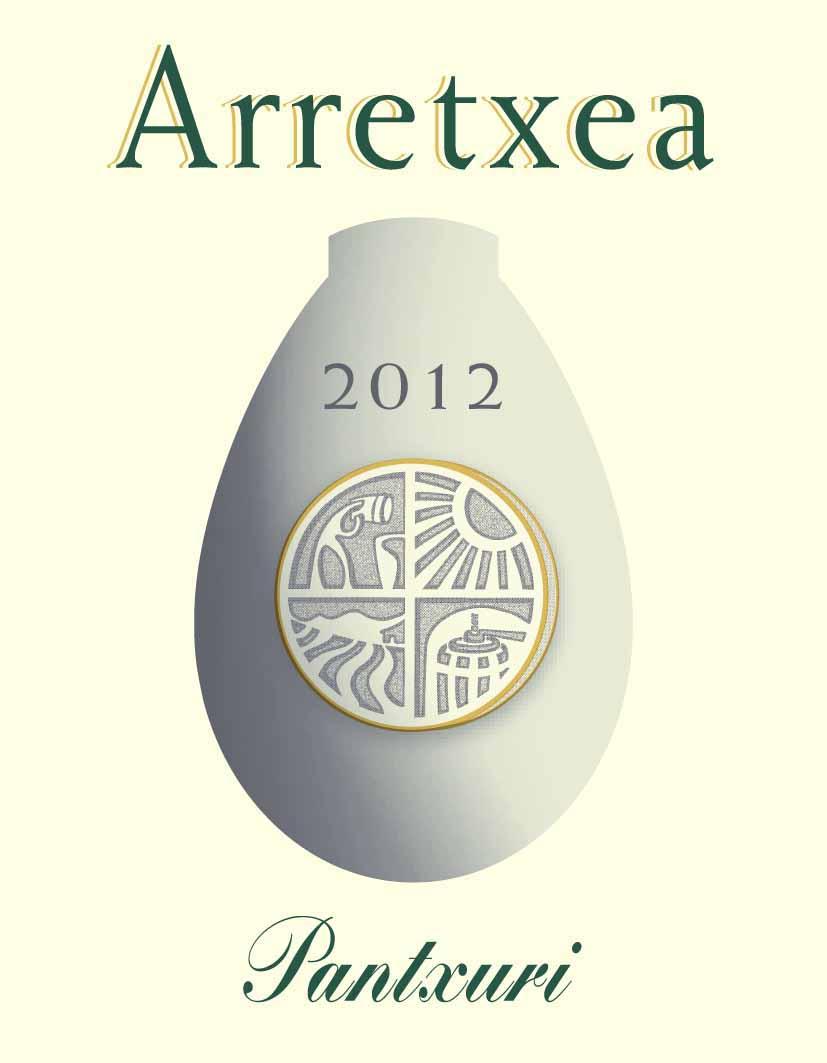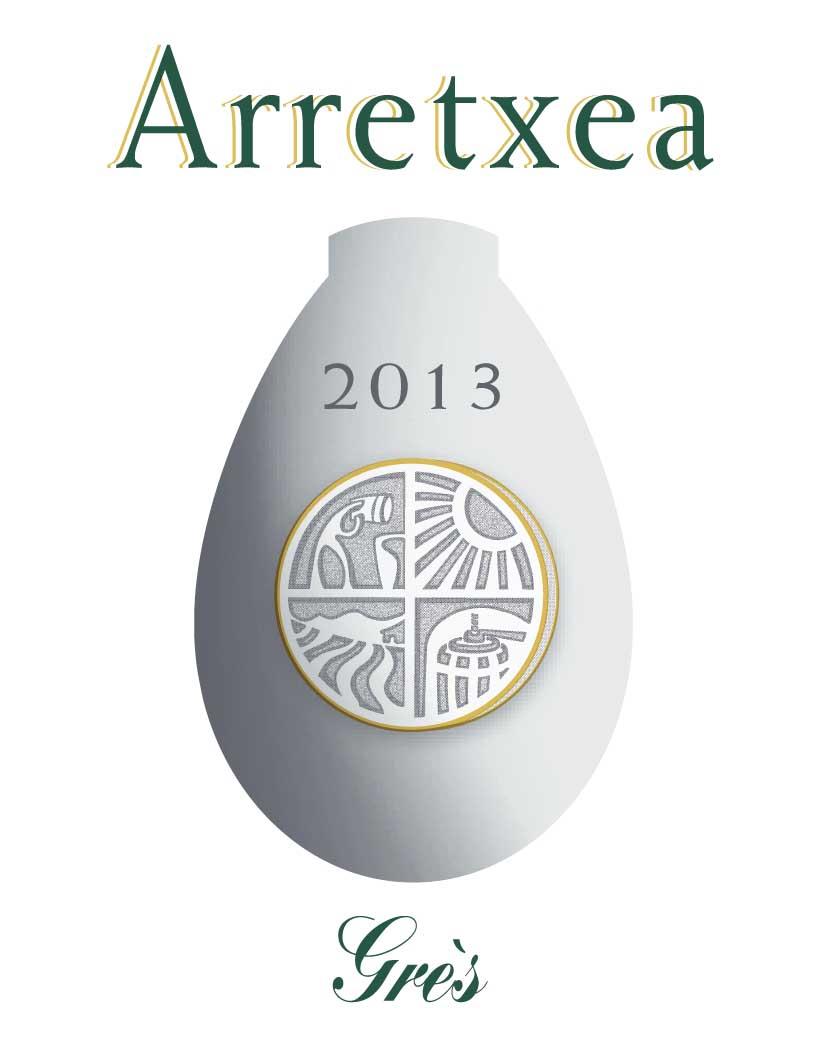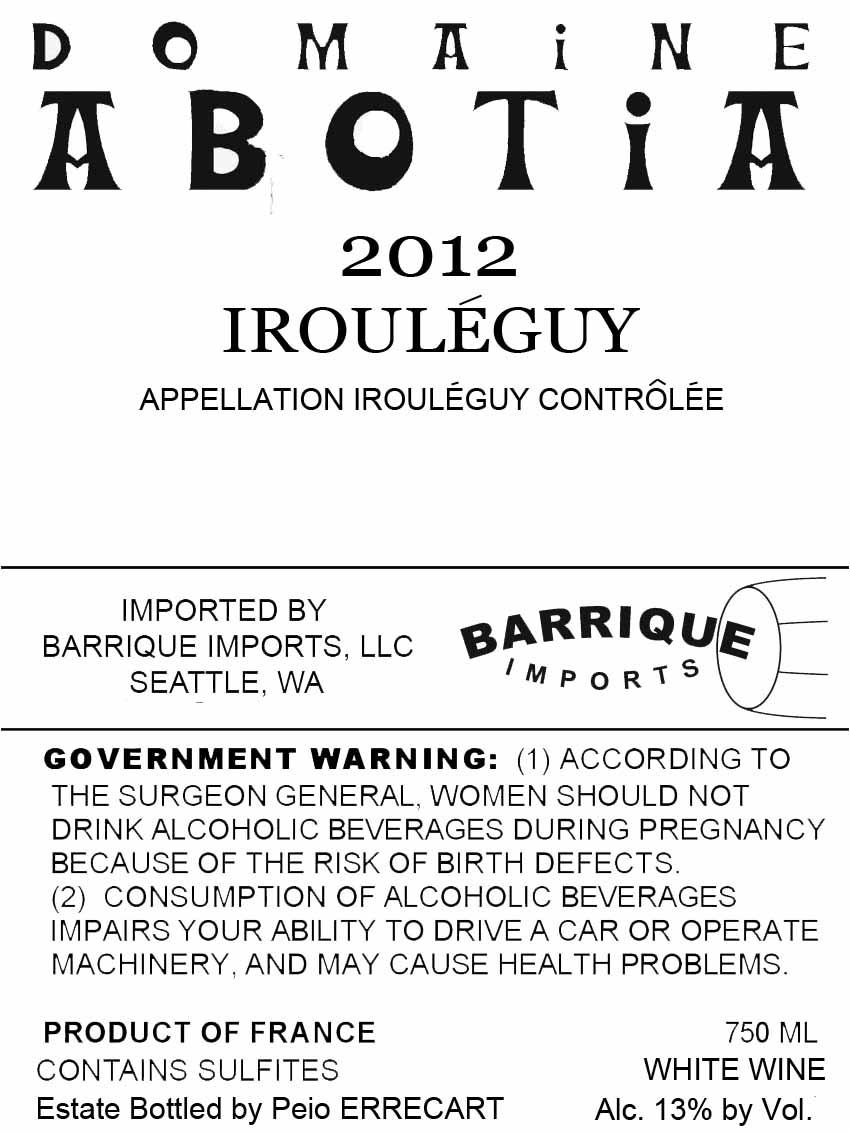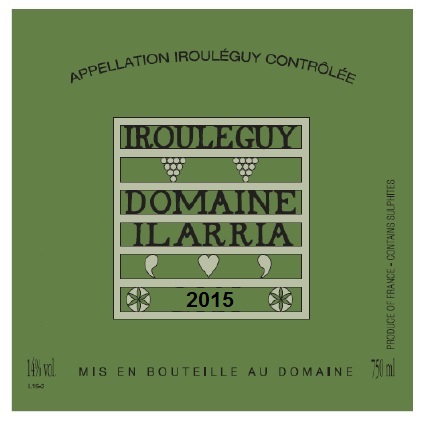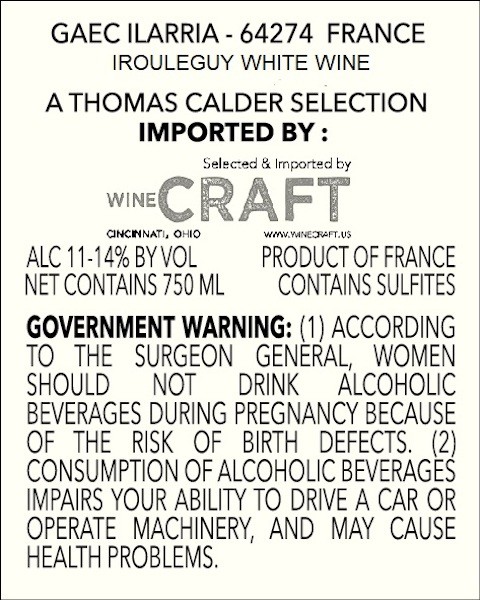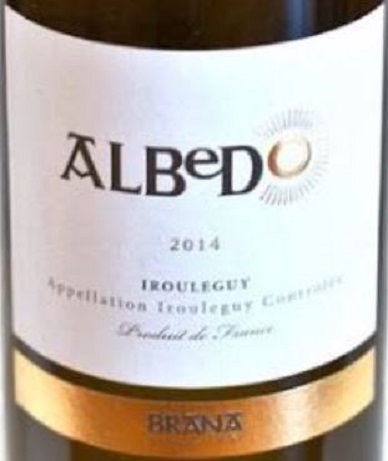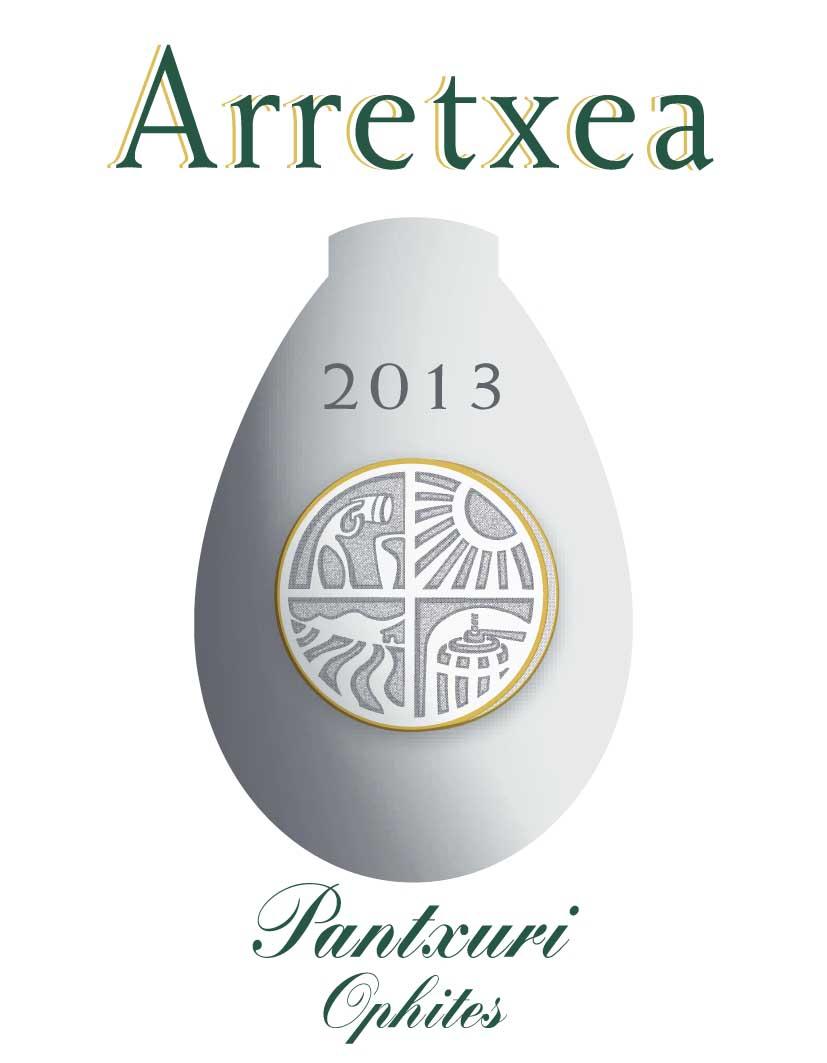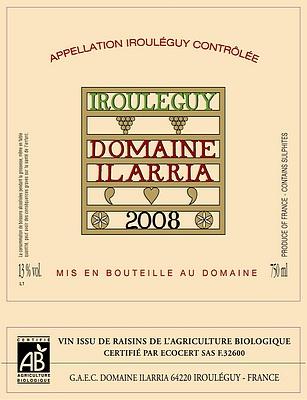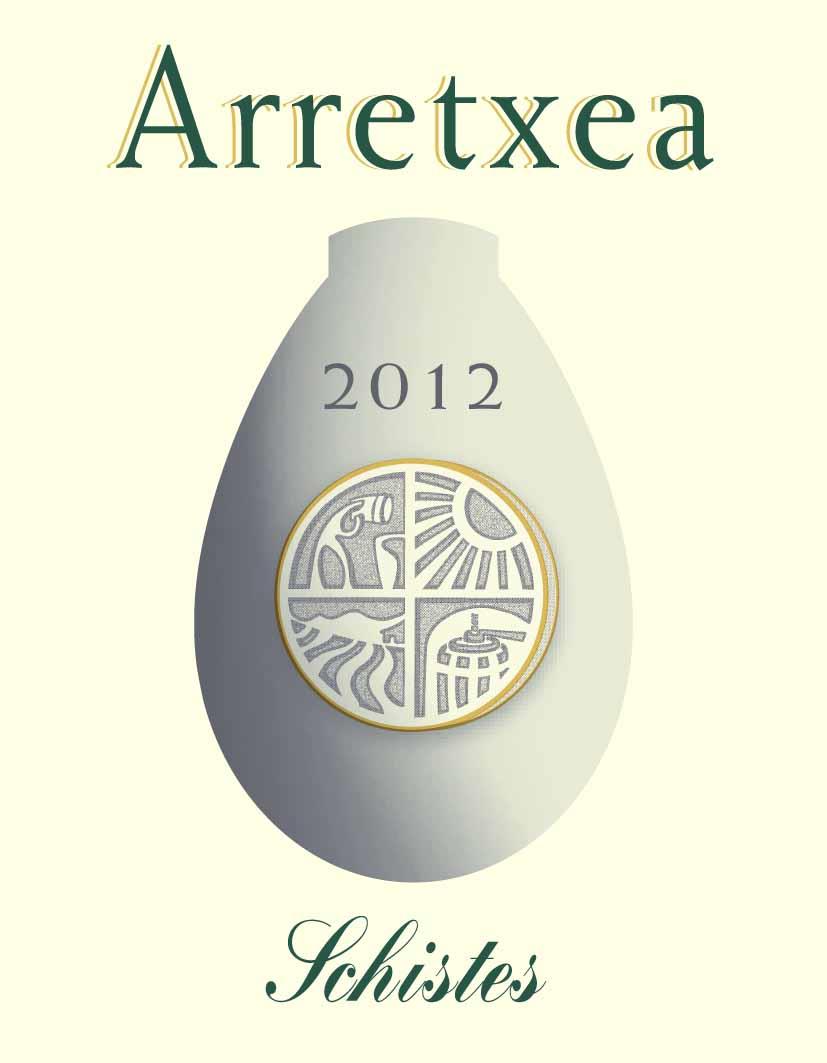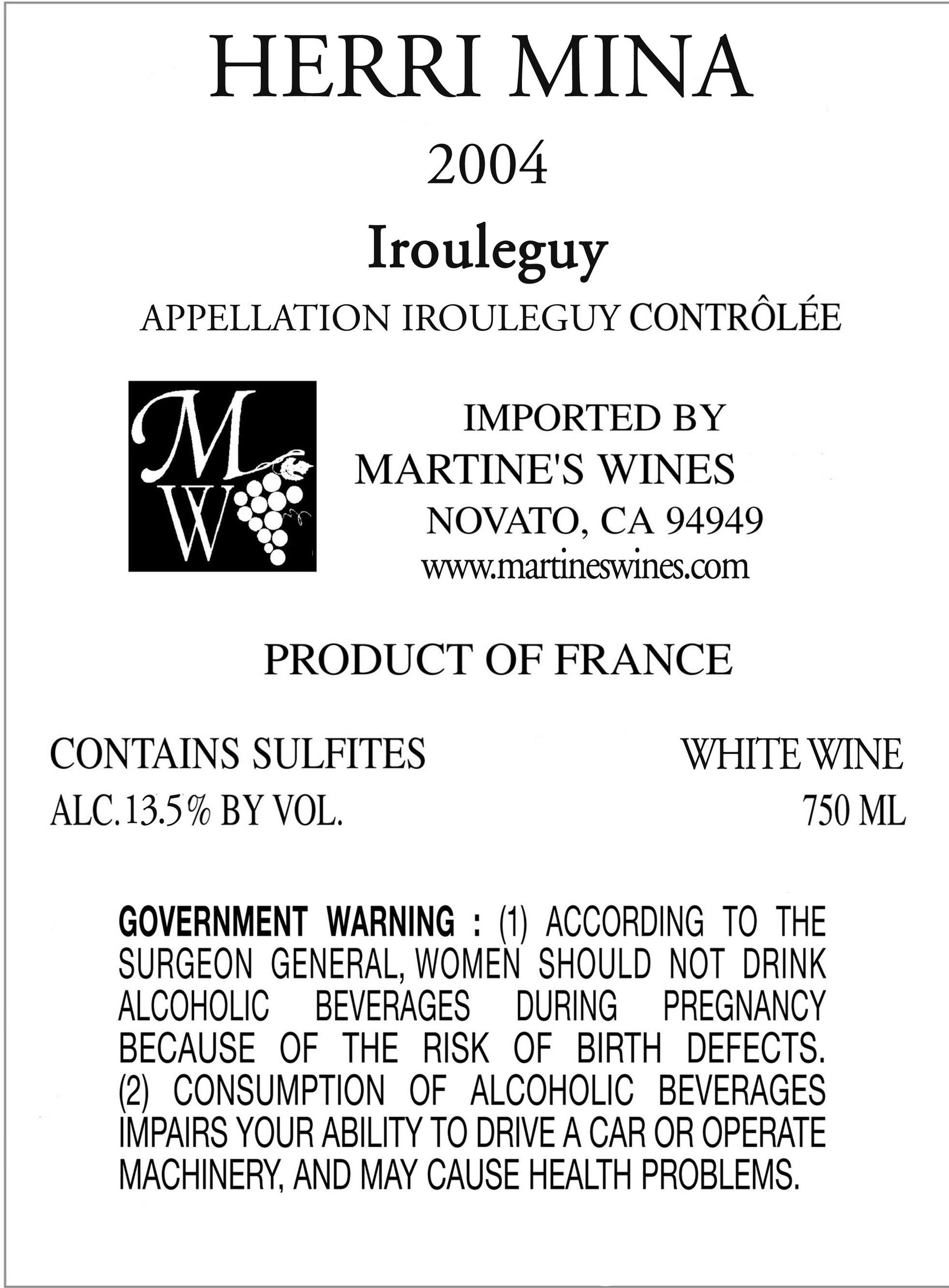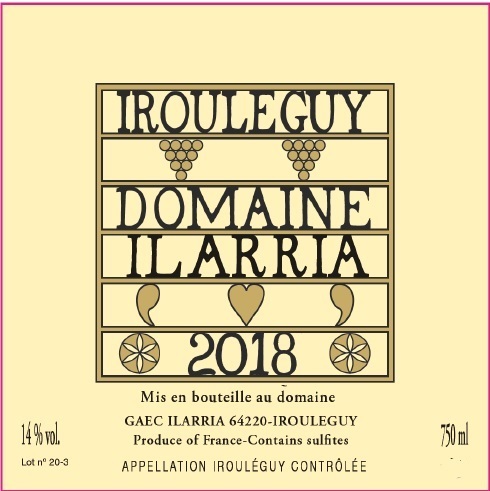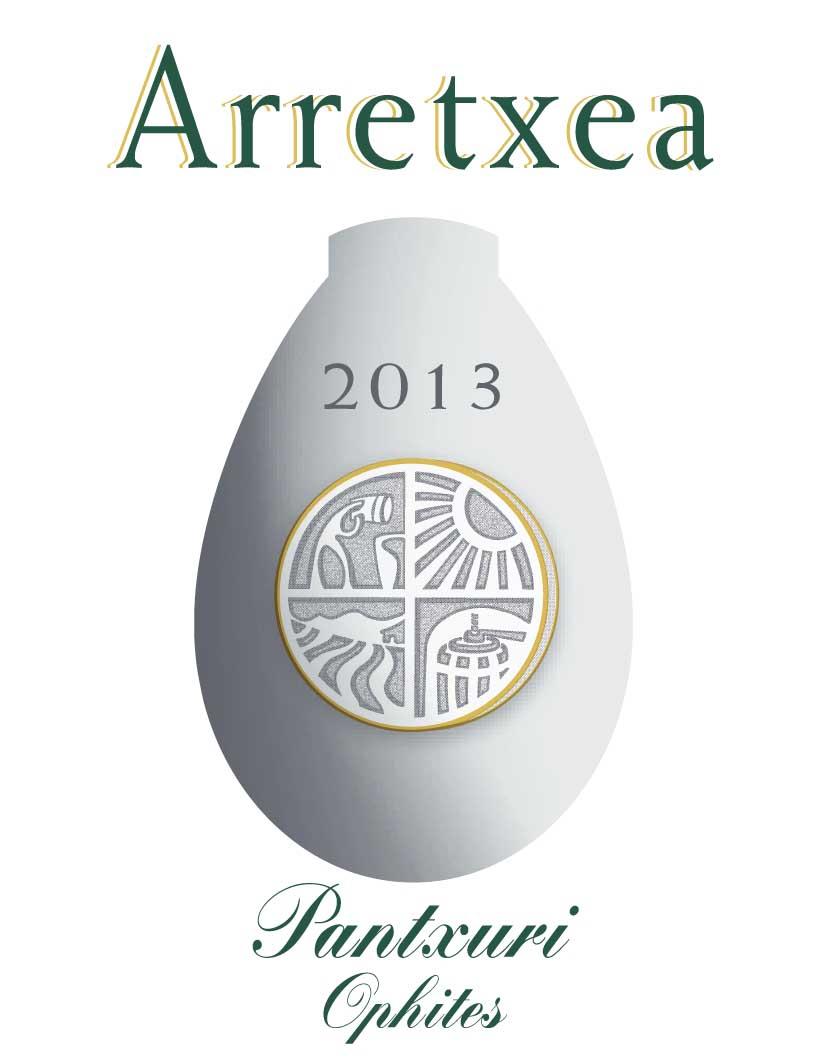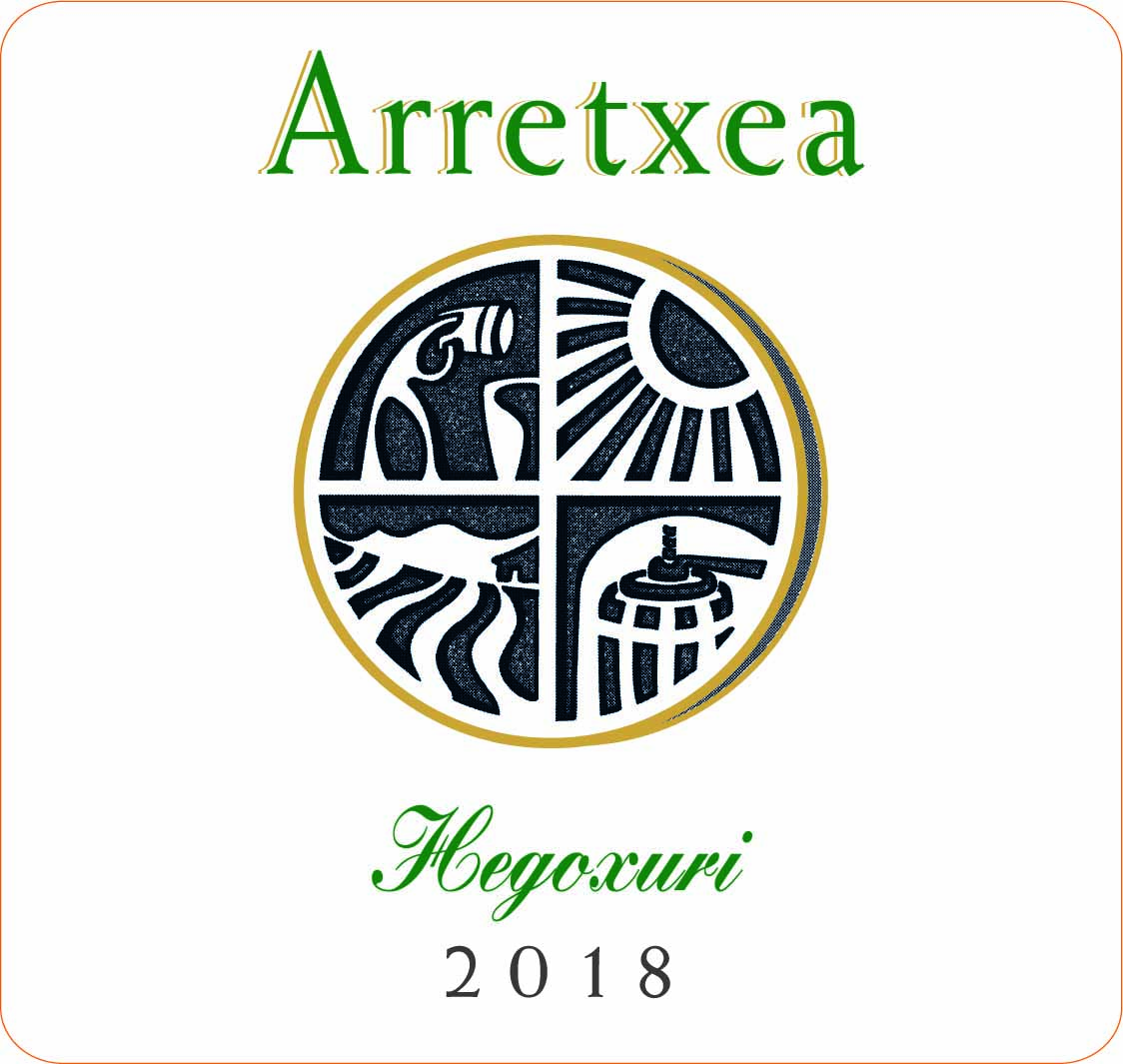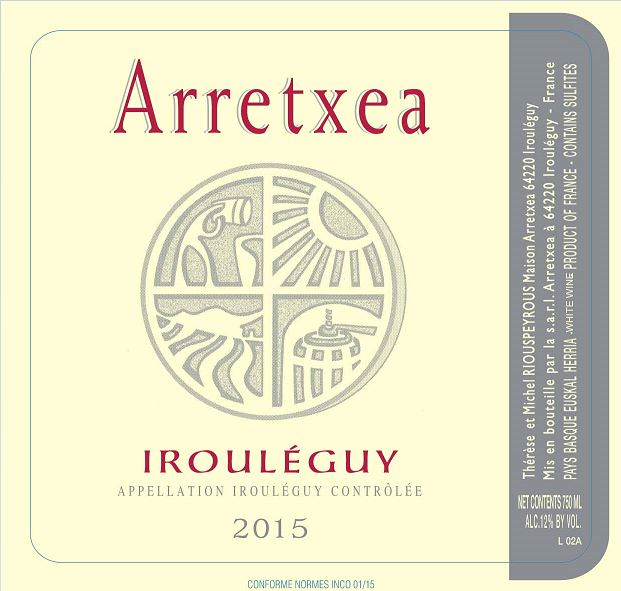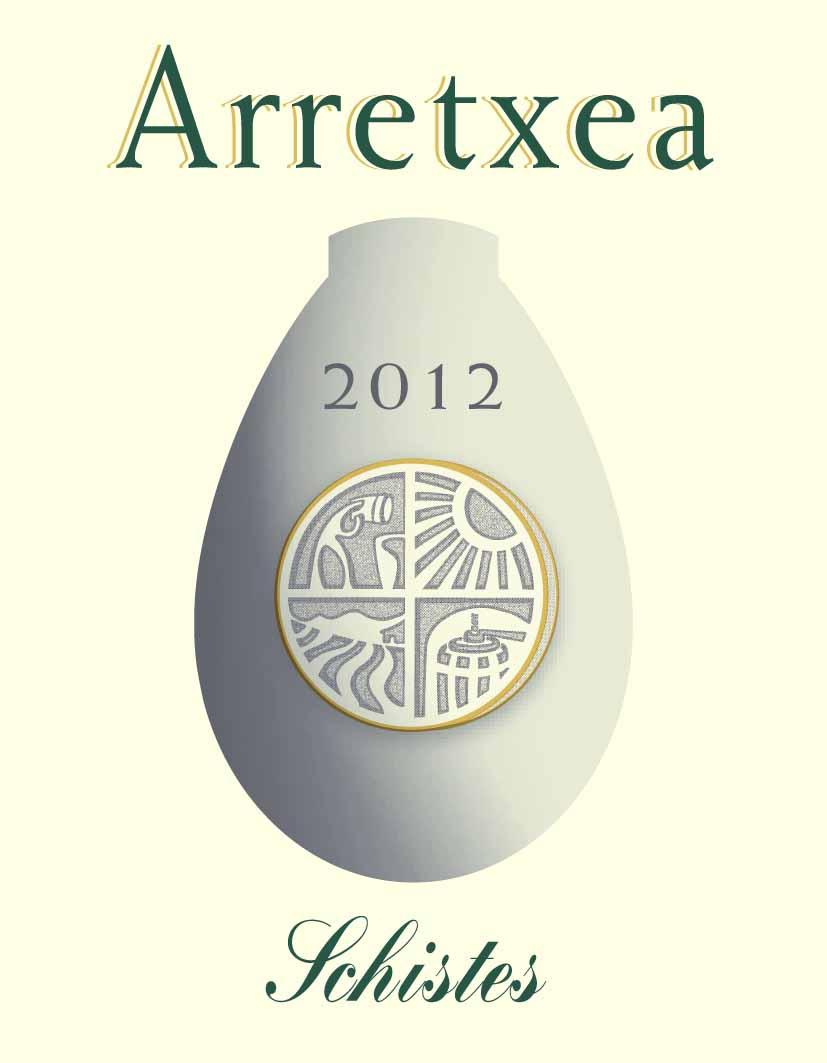Terroir of Irouléguy
Irouléguy is shaped by the Pyrenees' steep slopes and oceanic weather, showcasing a vibrant terroir. High terraced vineyards with sandstone and Jurassic limestone soils offer excellent drainage and a distinct mineral edge. Lower slopes near Saint-Jean-Pied-de-Port and Saint-Étienne-de-Baïgorry feature red clay-sandstone, enriching the wine's flavors. This geological diversity gives each vineyard plot a unique character.
The region's Atlantic climate, moderated by nearby mountains, brings abundant winter and spring rainfall. Summers and early autumns are warmer and dry, ideal for grape ripening. The Pyrenees shield vineyards from cold northern winds and create the warm Haïze Hegoa, aiding grape maturation. Vines grow at 400–500 meters, allowing a long growing season that balances ripeness and fresh acidity. South- and east-facing plots capture the sun, while cooler, north-facing areas ensure gradual ripening.
Notable Wineries in Irouléguy
In the heart of the Basque Country, Irouléguy's wine scene thrives on its steep Pyrenean slopes. The region's viticultural prowess is led by the Cave Irouléguy cooperative, a cornerstone of local production known for a diverse range of reds, whites, and rosés. In tandem, family-run domaines like Brana, Arretxea, Ilarria, and Bordaxuria make their mark with a focus on the land's unique terroir.
These estates often embrace organic and low-intervention methods, reflecting a deep respect for their environment. Visitors can explore these wineries with prior arrangements, offering a glimpse into their artisanal craft and commitment to quality.
Each vineyard's distinct character comes alive through the region's rich history and varied soils, making Irouléguy a must-visit for enthusiasts eager to experience the authentic taste of Basque winemaking.
Sustainable Winemaking in Irouléguy
Irouléguy's wine region exemplifies sustainable winemaking through its unique landscape and traditional practices. Steep hillsides and small vineyard plots encourage low-impact grape growing, with many tasks conducted by hand. Growers often plant cover crops or maintain permanent grass to prevent soil erosion and enrich fertility. Organic and biodynamic farming practices are common, minimizing chemical use.
Avoiding irrigation during the growing season, the region relies on natural rainfall, while wineries increasingly adopt sustainable water and waste management. In the cellar, minimal intervention techniques, like native yeast fermentations and controlled sulfur use, highlight the unique characteristics of each vineyard site. These practices reflect a deep respect for the environment, preserving the terroir's authenticity and ensuring a vibrant future for Irouléguy's wines.
Wine Tourism in Irouléguy
Wine tourism in Irouléguy offers a unique adventure, deeply connected with Basque culture and breathtaking landscapes. Nestled in the Pyrenees' foothills, the region showcases scenic vineyard walks and drives, ideal for exploring its terraced hillsides and rich wine history. Local estates, like the Cave Irouléguy cooperative and family-run domaines, invite visitors for tastings by appointment, offering a close look at their artisanal wine-making processes.
The local cuisine pairs perfectly with Irouléguy wines, enhancing dishes like piperrada and Ossau-Iraty cheese. These combinations highlight the flavors of the vibrant red, white, and rosé wines the area is famous for. Through these experiences, visitors gain a deeper understanding of the region's commitment to quality and sustainability, making Irouléguy a captivating destination for wine lovers.
